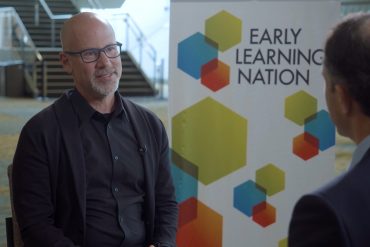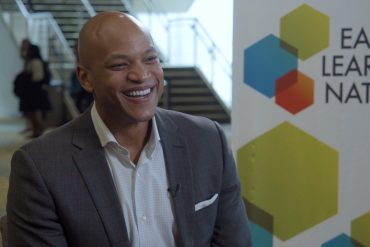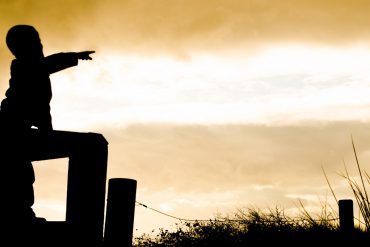Author’s Note: This moment, when the world has stopped spinning on its axis, presents an important opportunity to re-examine our...
“What some may see as a gap,” says Jovanna Archuleta, “that’s not necessarily a gap. We can learn a lot...
When University of Maryland Associate Professor Geetha Ramani and her colleagues visit early learning classrooms, they’re known as the “game people.” Ramani’s research shows not only the importance of teaching math skills, but also the effectiveness of what might seem like an obvious tactic: Make it fun.
Playful Learning Landscapes
Meeting Children Where They Are with What They Need
Plaza. Piazza. Town square. The names may differ region to region, but they describe similar spaces: a place where residents...
The best time to get a child’s life off to a solid start begins months before their birth. That’s why...
7 Reasons to Be Encouraged about the Planet Our Children Are Inheriting
Finding Hope in the U.S. Early Years Climate Action Plan
While climate change is all around us, and the projections are uniformly grim, there have never been so many local,...
Want to fight poverty? Robin Hood CEO Wes Moore – bestselling author, Army combat veteran, social entrepreneur – explains why improving education is an excellent place to start. Filmed for Early Learning Nation’s Mobile Studio at the Society for Research in Child Development’s biennial meeting in Baltimore, MD, on March 22, 2019. #SRCD19
Virginia is for Childcare Solutions
Smart2Start = 1 Application for Almost 150 Providers
Virginia’s Roanoke Valley, anchored by its namesake city in Southwest Virginia, is a considerable distance from the economically booming area...
Bank Street Makes the Case for Compensation
Puts Pay at the Center of the Child Care Dialogue
It isn’t the 1950s anymore. The reality before and, presumably, after the pandemic, is that parents are outside of home...
First Book, a nonprofit social enterprise focused on furthering educational equity for children ages 0-18 who are growing up in...
Throughout most of human history and in most of the world, that paradigm of children playing outdoors as a part of childhood has been so integral as to be transparent. Not so in the U.S., where, according to the Child Mind Institute, the average American child spends four to seven minutes a day in unstructured play outdoors and more than seven hours a day in front of a screen. Washington State is changing that.
Author’s Note: This moment, when the world has stopped spinning on its axis, presents an important opportunity to re-examine our...














